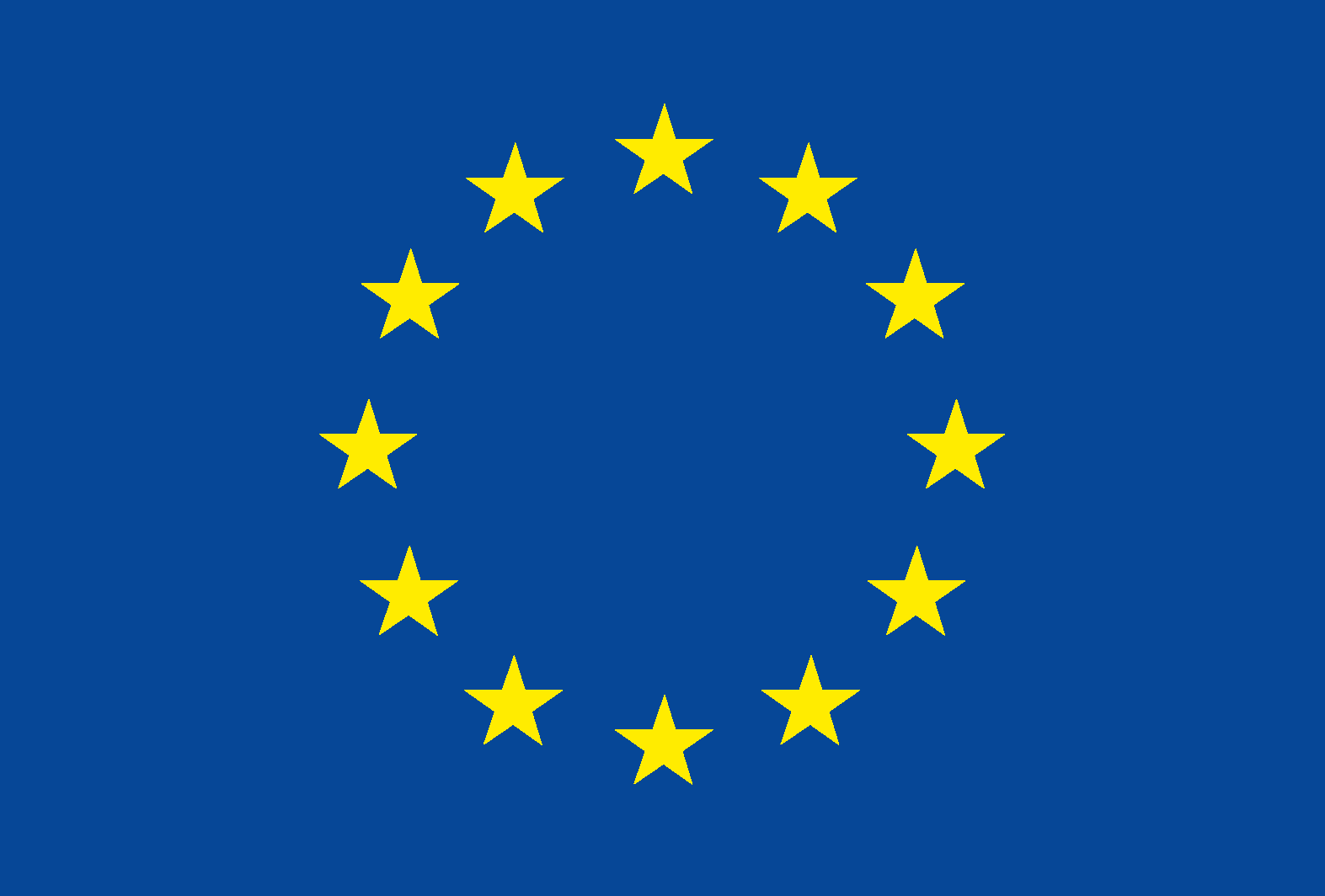The Norwegian National Stakeholder Committee Members, organised by OsloMet, met for the first time on the 20 August 2020.
Rune Halvorsen, scientific coordinator of EUROSHIP, provided a brief overview of the project. The National Stakeholder Committee members in Norway bring together a wide range of different interests: The Norwegian Federation of Organisations of Disabled People, The Norwegian Children and Youth Council, Norwegian Ministry of Labor and Social Affairs, The Confederation of Norwegian Enterprises, The Norwegian Confederation of Trade Unions, EAPN Norway and National Association of Old Age Pensioners.
The scientific coordinator highlighted that for the success of the project it is important to create a close dialogue between the researchers and the relevant user groups throughout the project period, in order to ensure that stakeholders will benefit from the research results.
The participants contributed to a lively discussion about social policies in Norway to reduce gaps in social citizenship. The committee members identified several key challenges and good practices.
From EAPN Norway, it was pointed out that in Norway, as in other European countries, there is an increased number of people that are struggling to make their ends meet, despite of being employed in permanent positions. Their earnings are at the threshold which makes them not entitled to any social benefits, but their everyday life expenses, especially housing, are extremely high. As a consequence, these people are at the risk of poverty. Another challenge is health poverty, caused by high user fees and expensive physiotherapy and dental care services.
From the Norwegian Federation of Organisations of Disabled People it was pointed out that the group that faces the highest challenges related to formal education among youth are young people with disabilities.
The representative of The Norwegian Confederation of Trade Unions commented that all three population groups that the EUROSHIP project will focus on are the same population groups the Trade Union Confederation, too, give priority to. Especially youth at risk has received a lot of attention from the Trade Union Confederation both before and during COVID-19. EUROSHIP project was acknowledged for addressing several topical issues and emphasizing the impact of digitalisation of many arenas of society. If a part of the population is excluded from participation on several societal arenas due to low digital skills, it raises the issue of participatory democracy.
The participants also discussed the concept of upward social convergence and the European Commission consultation on a framework directive on minimum wages. Beyond doubt, the Nordic model has been very successful in terms of all three areas of social citizenship EUROSHIP focuses on: security, autonomy and influence.
Rune Halvorsen agreed that the consequences of the Nordic model, the tripartite industrial relations (including national level, collective bargaining) and the distribution of social benefits are all vital for understanding the functions of the welfare state in Norway.
EUROSHIP will examine Norway`s chances to succeed with the emerging societal challenges implied by the digitalisation of social services and the labour market. The participants discussed that it would be interesting to examine how and to what extent “the Nordic model” (tripartite industrial relations, the corporative channel for influence) is under increasing pressure.
The participants agreed that the labour market seems to have become more inaccessible for people with various challenges. If the expectations to productivity continue to increase, we risk more marginalisation and social exclusion of certain population groups. Politicians will have to adopt targeted measures to address this.
The committee members briefly discussed the consequences of the COVID-19 pandemic. Some raised the concern that the pandemic might have contributed to more unemployment and exclusion of those who already are already in vulnerable situations, for instance persons with disabilities.
The group will meet again at the end of the year and will support the project in setting the life course interviews.

